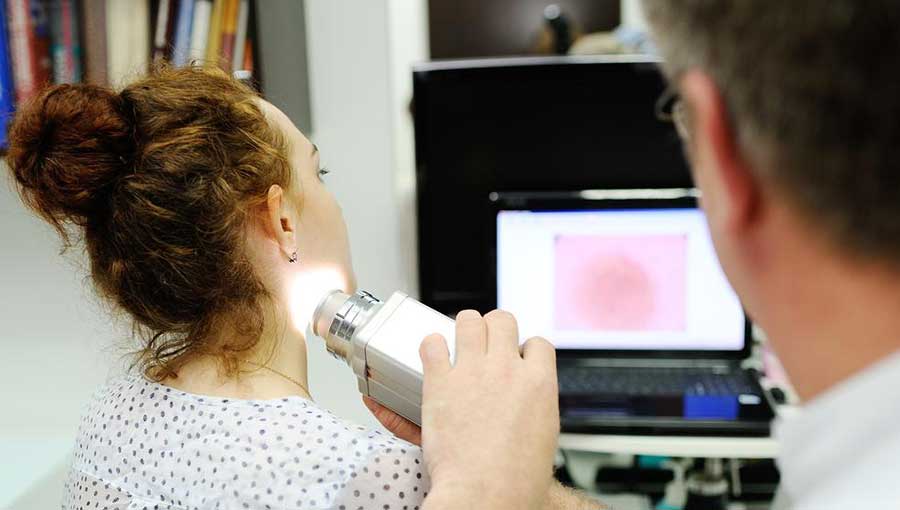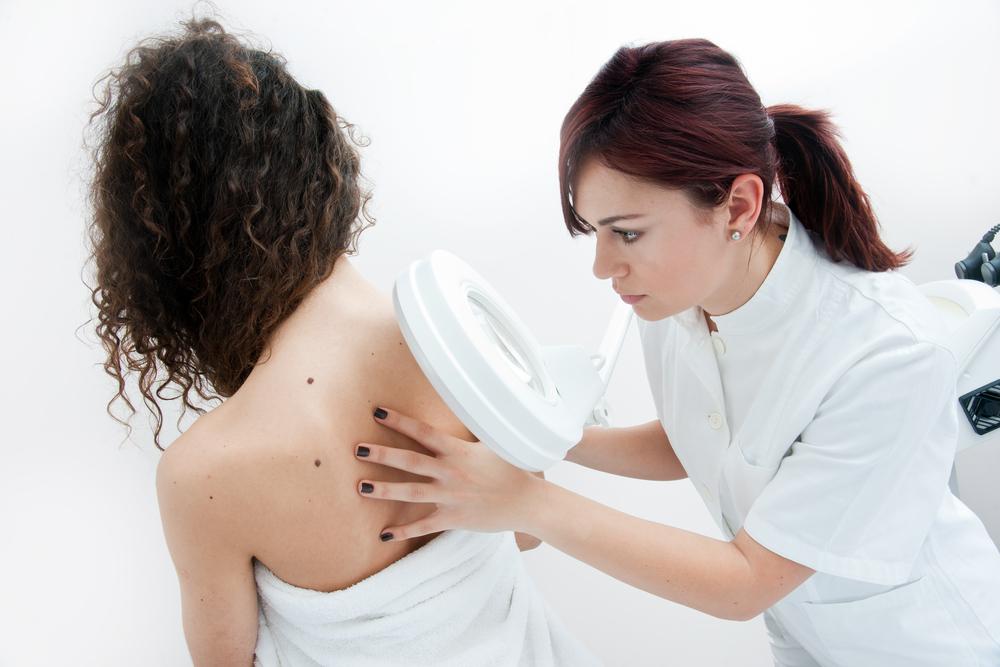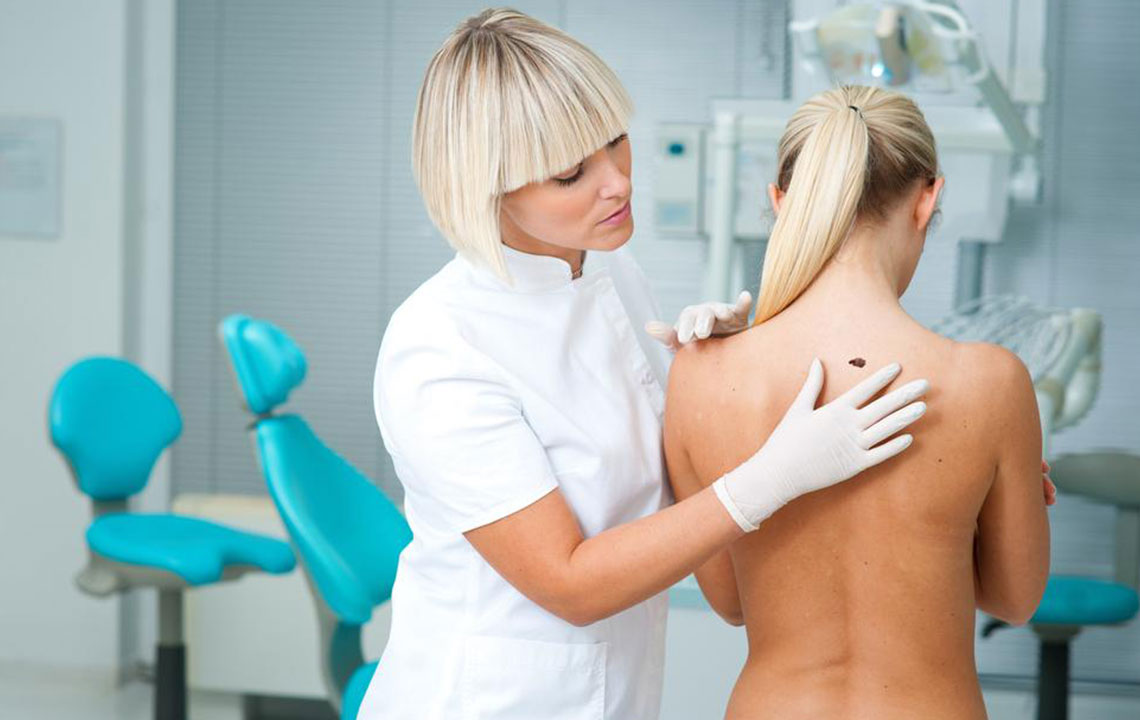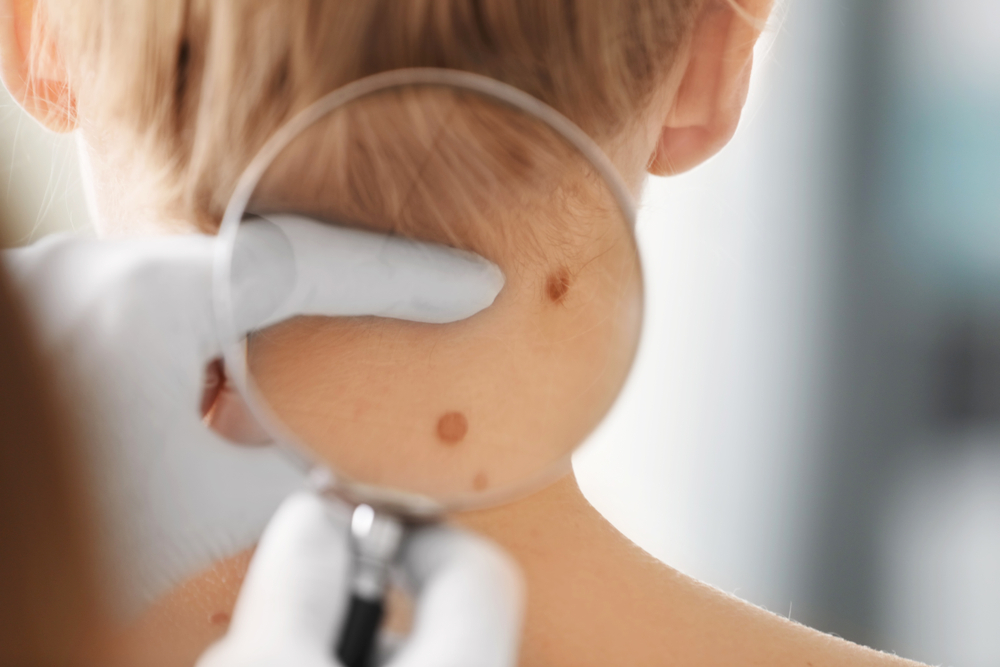Understanding Melanoma: The Key to Skin Cancer Prevention
This article explains what melanoma skin cancer is, highlighting causes, risks, and preventive measures. Emphasizing early detection and protection strategies, it guides readers on reducing their risk. Following proper skincare practices and regular dermatologist visits can significantly decrease the likelihood of melanoma development. The information aims to raise awareness and encourage proactive skin health management to prevent serious health outcomes.
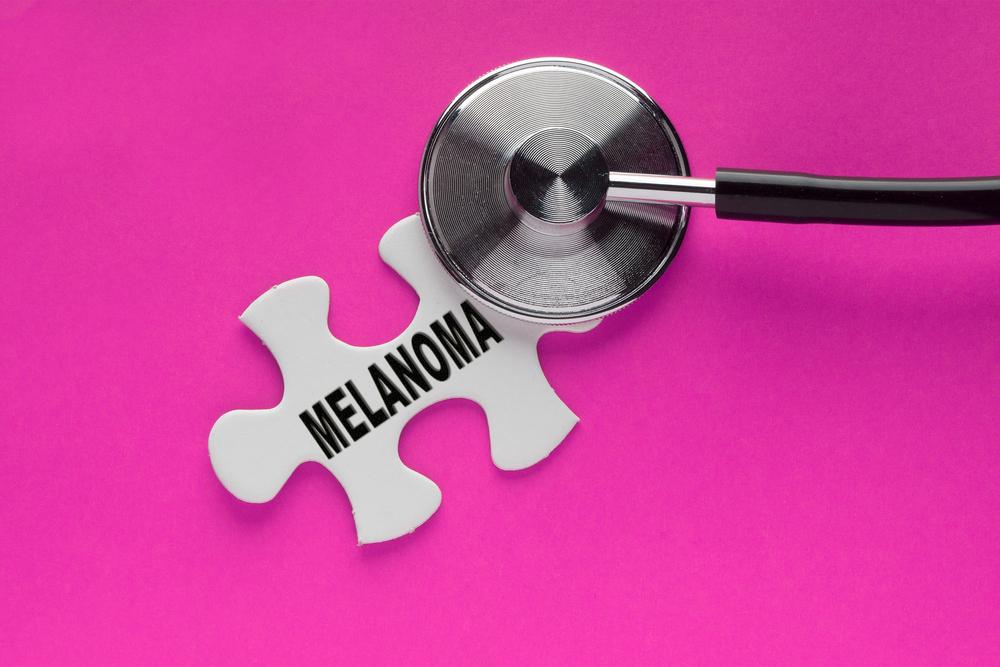
Understanding Melanoma: The Key to Skin Cancer Prevention
Many people continue to enjoy sunbathing without adequate skin protection, risking serious health consequences. According to the Skin Cancer Foundation, there were approximately 87,110 new melanoma cases in 2017, resulting in about 9,730 deaths. Although melanoma accounts for only around 1% of skin cancer cases, most are linked to sun exposure. Early detection and treatment through minor surgery can be highly effective if diagnosed promptly.
What is Melanoma?
Melanoma is a malignant skin tumor caused by ultraviolet (UV) radiation exposure, which can spread to lymph nodes if not treated early.
Skin pigmentation is due to melanin, a UV-protective pigment produced by melanocyte cells. People with lighter skin, eyes, or hair tend to produce less melanin, increasing their risk of sunburn and melanoma. While melanin offers some natural protection, excessive sun exposure can be harmful.
How to Shield Yourself from Melanoma
Protecting your skin starts with proper precautions, including using broad-spectrum sunscreen with SPF 30 or higher. Additional tips include:
Avoid tanning beds at all costs
Wear protective clothing, floppy hats, and UV-rated sunglasses in intense sunlight
Seek shade during peak sun hours (10 AM to 4 PM), use umbrellas, or wear wide-brim hats
Apply a water-resistant, SPF 30+ sunscreen 30 minutes before outdoor activities
Reapply sunscreen regularly, especially when sweating or swimming
Perform weekly self-examinations for unusual moles or skin changes and consult your doctor for any concerns
Annual skin checks by a healthcare professional or dermatologist are recommended for early melanoma detection.
Note: The content provided is for informational purposes only. For diagnosis or treatment, consult a licensed healthcare provider. Do not rely solely on online information for medical decisions.

